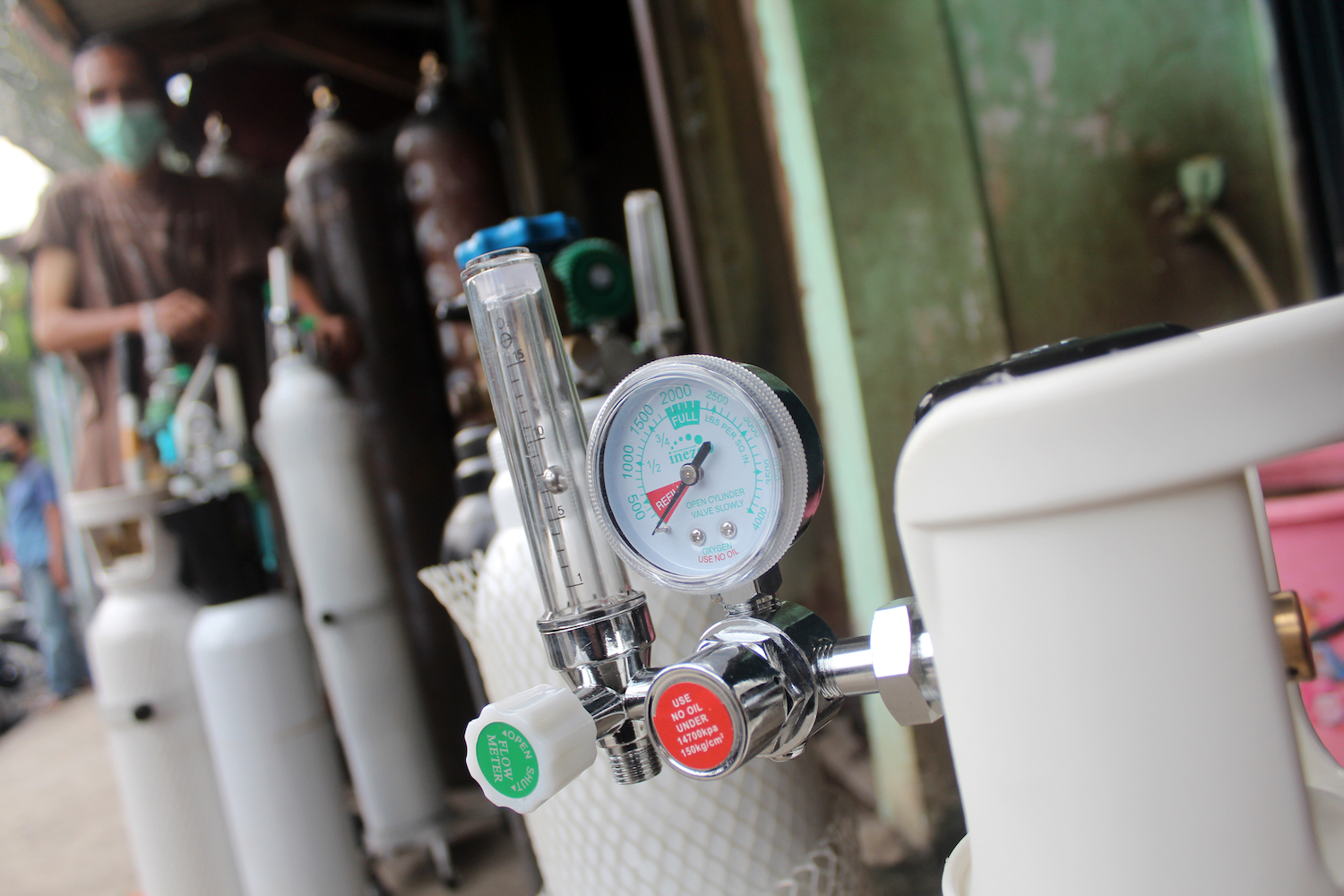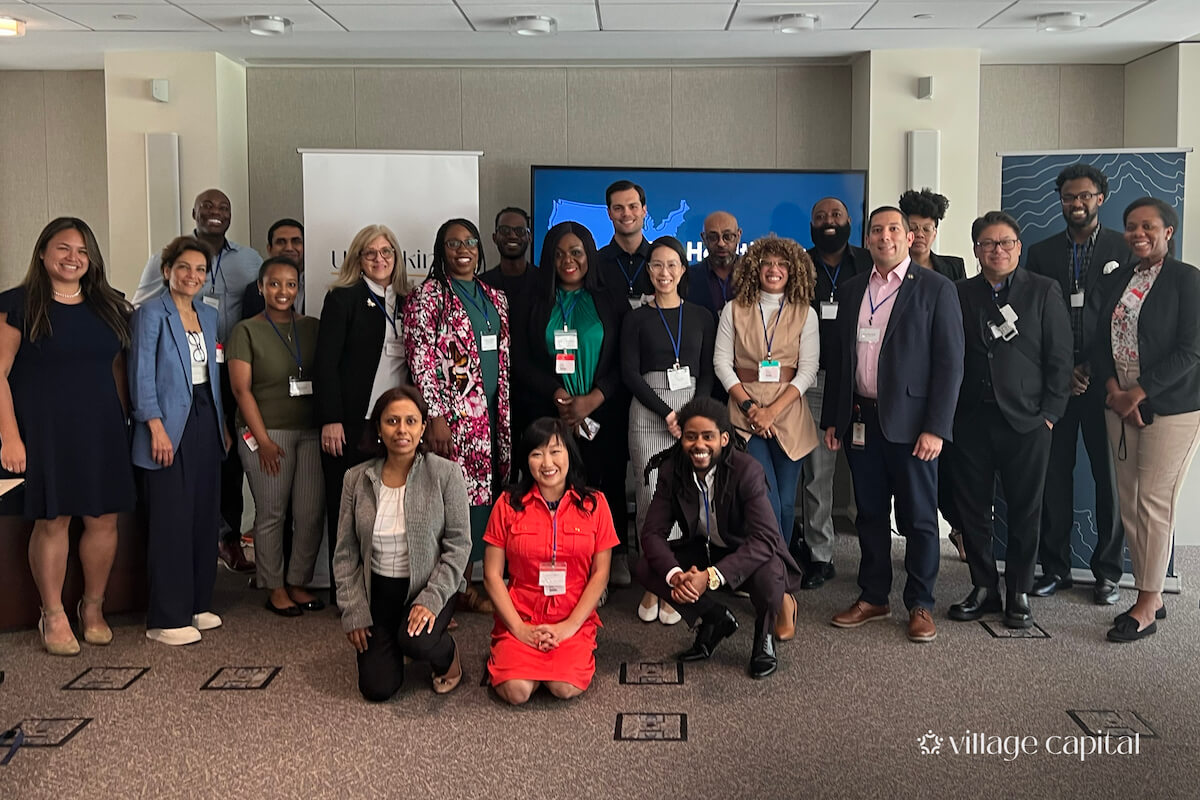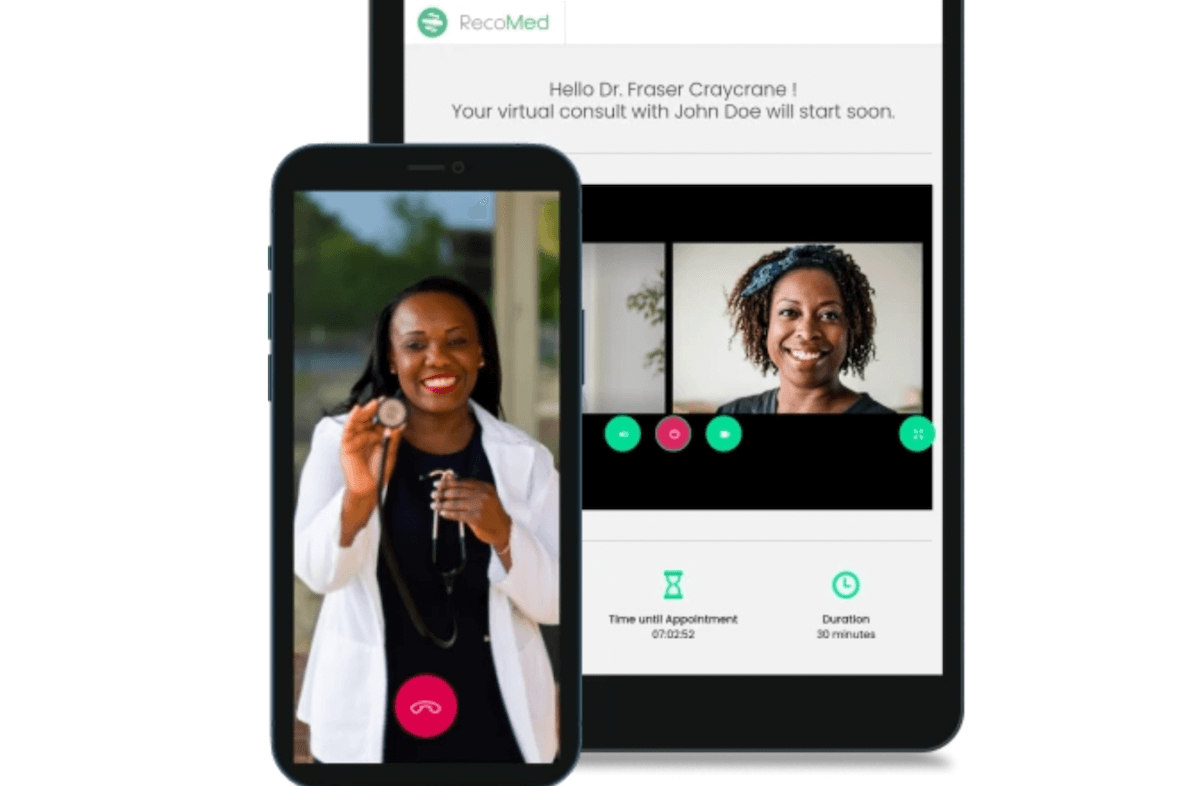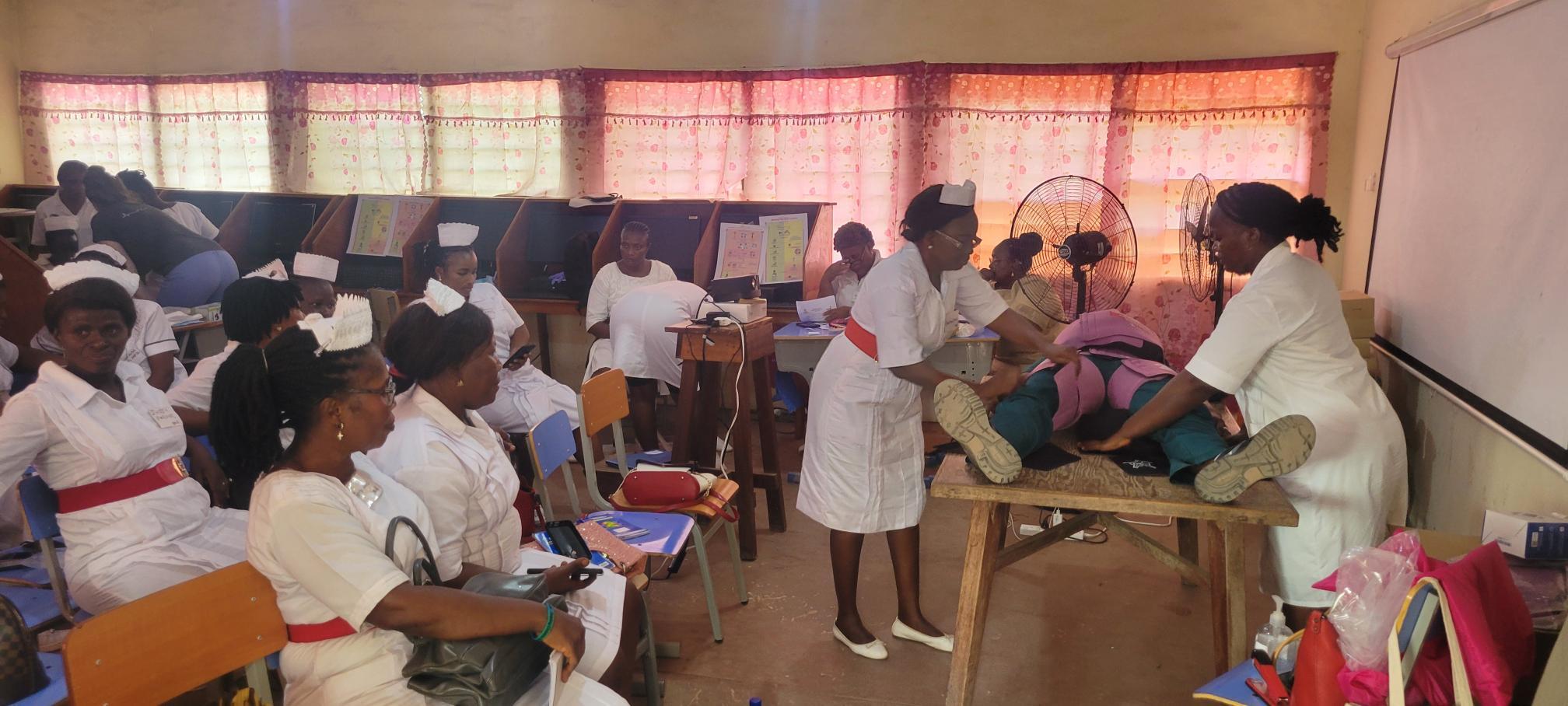Editor’s note: ImpactAlpha is partnering with Johnson & Johnson Impact Ventures to explore purpose-driven entrepreneurs and impact investments in health outcomes for underserved communities around the world. Check out all of our coverage at Investing in Health.
ImpactAlpha, October 25, 2021 – From Lombardy, Italy and Queens, New York to Jakarta, Indonesia and Delhi, India, the desperate scramble for oxygen has been a recurring feature of every coronavirus surge.
The problem is even more acute in low-resource settings without the equipment and technical skills to concentrate the life-giving gas for medical use. The August earthquake that devastated southwest Haiti destroyed the area’s only medical oxygen plant just as COVID-19 sent demand soaring.
Those scenes have spurred local entrepreneurs in Ethiopia, Kenya, Nigeria and other African countries to set up local oxygen-supply businesses to support local hospitals and medical centers. The businesses are supported by Oxygen Hub, which leases its franchises oxygen concentration machinery, storage cylinders and delivery trucks and provides upfront financing. The network also supplies operating procedures, training, and customer acquisition support. The franchises pay Oxygen Hub a franchise fee and a percentage of their revenues.
“We’re seizing the renewed attention to this crisis and building something that’ll last well beyond COVID,” says Effeson Hailemichael, who leads Oxygen Hub from his dual base in Ethiopia and Zimbabwe. Only about 5% of the continent’s needs for oxygen are being met, he says.
“For us, the distributed network makes sense,” he continues. “Our mission is to provide oxygen wherever patients need it, that includes the smaller health clinics which are often in peri-urban and rural areas. To do that, we have to consider accessible pricing, training and delivery to the last mile.”
Supply gaps
Oxygen Hub is among the urgent supply-chain and other health innovations sparked by the pandemic. Across Africa, south Asia and Latin America, such venturest are working to ensure that the products and services they’ve developed fill long-term gaps in quality and accessibility of health care.
In Nigeria, Lifebank is tackling logistical constraints for medical equipment and drug supplies and delivery. Zipline, which launched in Rwanda to deliver blood supplies via drones, is working with governments in Nigeria and Ghana and pharmaceutical giant Pfizer to deliver COVID vaccines.
Online and in-person pharmacies like Goodlife in Kenya and 1MG in India are expanding the range of products and services they offer customers, including online health consultations, to reduce pressure on health facilities while making care more accessible and affordable.
Such frontline health innovation is attracting impact and commercial capital, ranging from the philanthropic (such as Soros Economic Development Fund and Gates Foundation) to the commercial (such as the U.K. asset manager Baillie Gifford and private-equity giant TPG’s The Rise Fund). J&J Impact Ventures, an impact investment vehicle of the Johnson & Johnson Foundation, has made a dozen investments in healthcare innovations in the Americas, Europe, East Africa and Southeast Asia. (Disclosure: J&J Impact Ventures is a sponsor of ImpactAlpha’s coverage of Investing in Health).
Adapting services for the pandemic has helped startups like LifeBank and Zipline, as well as established companies like GoodLife and 1MG, grow their businesses. All four have funded their pandemic pivots with traditional venture capital and private equity funding
Zipline launched its drone-delivery service five years ago in Rwanda to improve blood and medical-supply logistics. It also expanded its services to delivery of PPE in both Africa and rural U.S. at the height of the pandemic. A $250 million funding round in July will support Zipline’s expansion in all three African markets, as well as the U.S. and Japan.
Kenyan pharmacy chain Goodlife had started offering consultations at its more than 70 retail locations before the pandemic. Once lockdowns went into effect, it launched a telemedicine service and prescription deliveries to ensure that people did not have to leave home for minor health needs. It also started producing its own white-label hand sanitizer and has since been exploring new opportunities to expand its consumer health product line.
India’s Online pharmacy 1MG, meanwhile, has been offering prescriptions, lab testing, and health supplements since it launched in 2015. Amid India’s COVID crisis in April, it expanded into teleconsultations and telemedicine, began allowing people to book COVID tests online, and provided advice on COVID precautions and how to manage mild symptoms of the virus. The Tata conglomerate recently took a stake in 1MG through its digital services group, Tata Digital.
Local ownership
Oxygen Hub was born out of the images of overwhelmed hospitals in Italy and New York that flooded televisions and mobile phones early last year.
In Berkeley, Calif., the team at the nonprofit Institute for Transformative Technologies knew that the novel coronavirus could be devastating to Africa’s under-resourced healthcare facilities, which lacked adequate oxygen supplies in normal times. They started redesigning oxygen production and distribution for markets where costs and logistics pose persistent challenges.
“The prevailing model in Africa has been government and donor-led, without an adequate ecosystem of support. What you see now are plants breaking down and abandoned because the proper maintenance, operations and infrastructure simply doesn’t exist,” explains the institute’s Noha El-Ghobashy.
The institute launched Oxygen Hub, an ITT subsidiary, to help local entrepreneurs set up and operate oxygen production and distribution businesses.
“It’s really hard, as a single entrepreneur, to achieve any meaningful scale or profitability,” El-Ghobashy tells ImpactAlpha. “What we’re doing is unpacking the oxygen value chain and figuring out which parts of it makes sense for us, as the franchisor, to take on at scale, and which ones the entrepreneurs should focus on.”
LifeBank has been tackling medical logistics and supply chain inadequacies in Nigeria by building a local distribution service for blood, drugs and other supplies. As the pandemic took hold, the company pivoted to deliver personal protective equipment, or PPE. Now it’s one of Oxygen Hub’s franchisees for oxygen production and delivery in Nigeria.
Oxygen Hub is seeking to demonstrate the commercial viability of a decentralized oxygen supply chain. The venture is supported with $8 million in a philanthropic capital from the Skoll Foundation, ELMA Philanthropies and McKenzie Scott. It is in advanced discussions for equity capital as well, El-Ghobashy says.
“The grants will be used to de-risk the business and make it more attractive to investors. There’s just so much that we need to do to get us to a point where we’re operating in a financially-sustainable way,” El-Ghobashy explains.
She adds: “The other reason we’re looking for blended finance is because this is never going to be a hugely profitable business. This will have long-term returns on investment, like most infrastructure-related projects.”











